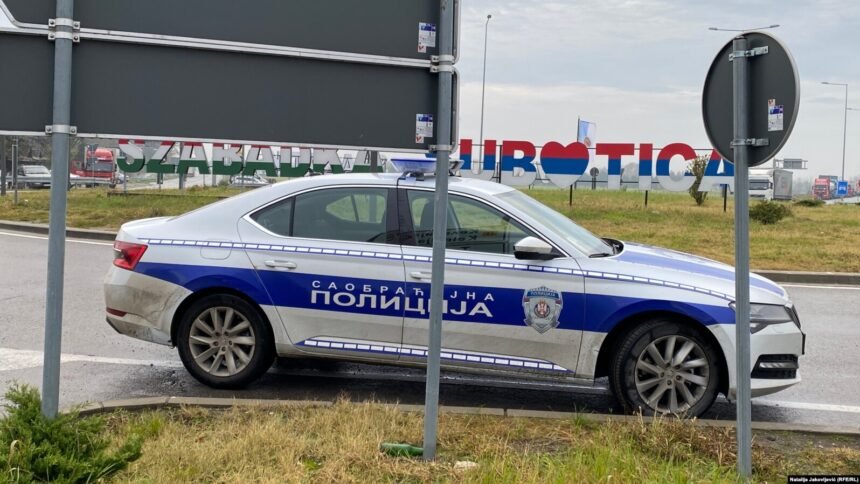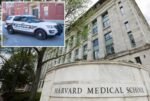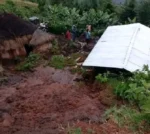Serbian border police reportedly detained and denied entry to a group of Hungarian students who were attempting to attend a commemorative gathering in Novi Sad, marking the first anniversary of the roof collapse that killed 16 people, according to Hungarian news portal 24.hu, as cited by the Beta news agency.
The students were held at the border for several hours, during which Serbian officers allegedly forced them to strip down to their underwear before sending them back to Hungary.
“We waited for hours. They made us undress to our underwear and then sent us back,” one of the Hungarian students told 24.hu, adding that no official explanation was given for the refusal of entry.
The students said that Serbian authorities confiscated several items, including walkie-talkies, stickers, and badges.
Ana Horvat, a representative of the Hungarian Students’ Union, which organized the solidarity action with Serbian students, said that their group traveled in cars, minibuses, and one bus to attend the commemoration.
According to Horvat, the first group arrived Friday afternoon at the Serbia-Hungary border but was stopped and held for hours before receiving a document declaring them a “threat to Serbia’s national security.”
“About 30 of us planned to join the students in Serbia, but only 11 were eventually allowed to pass,” Horvat added.
Hungarian portal Telex.hu contacted Hungary’s Ministry of Foreign Affairs and Trade, which stated that no official complaint had been received from the Hungarian citizens, the consulate in Subotica, or the embassy in Belgrade.
“Neither the Serbian authorities nor any Hungarian citizens have filed a complaint. Should we receive any formal report, we will take appropriate action,” the ministry said.
Meanwhile, reports from regional media indicate that President Aleksandar Vučić’s government has done everything possible to prevent foreign citizens from entering Serbia if they intended to support the students or participate in the commemoration. Analysts say these measures are part of a broader effort to suppress international visibility and solidarity, in an attempt to undermine the symbolic and political impact of the event outside Serbia.
The commemoration in Novi Sad, held on the one-year anniversary of the tragedy, drew tens of thousands of participants from across Serbia and abroad, including student groups, families of victims, and civic activists, calling for justice, accountability, and truth about the negligence that led to the deaths.







